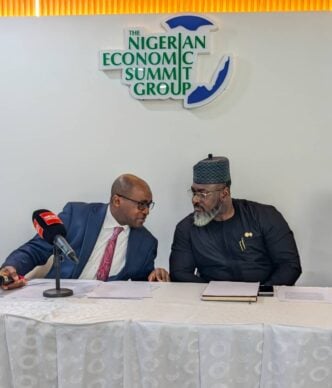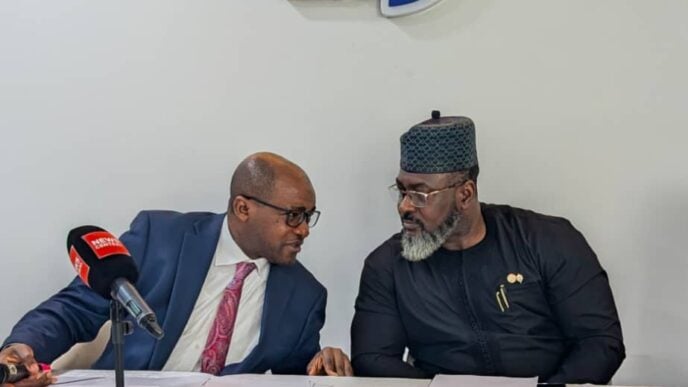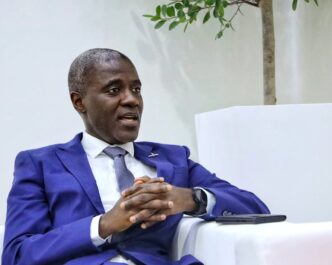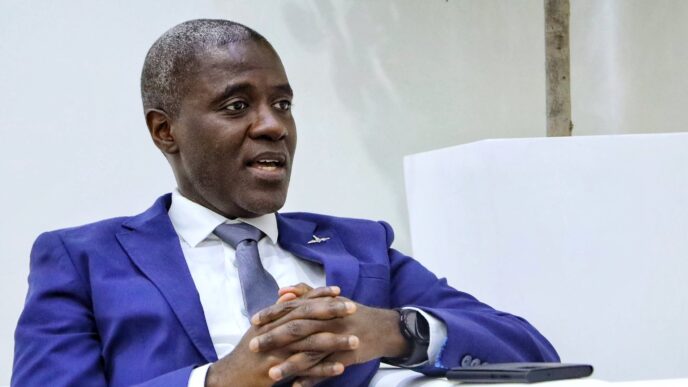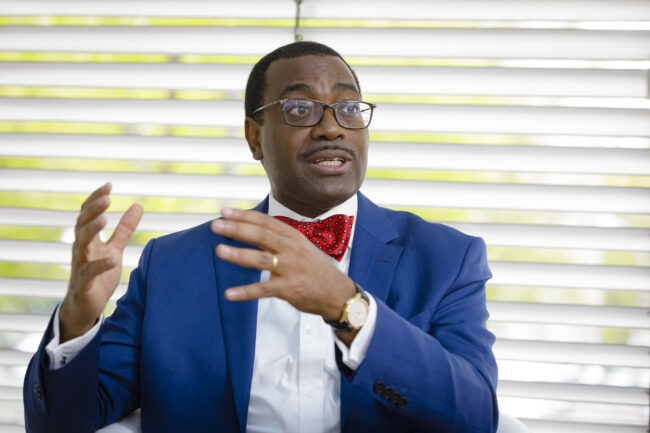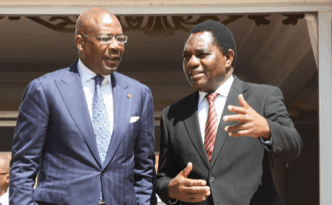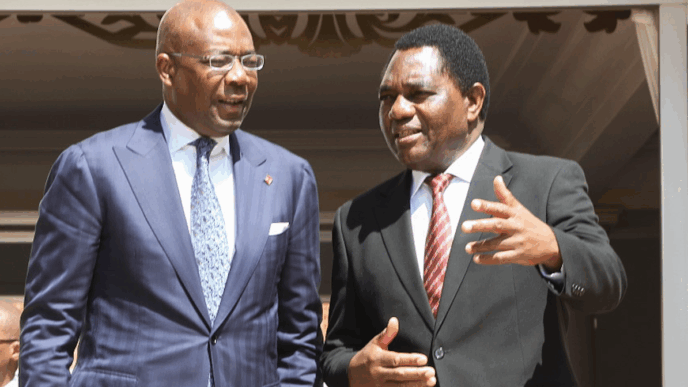The Nigeria Governors’ Forum (NGF) has unveiled NGF Investopedia — an investment platform aimed at unlocking capital flows into bankable projects across all 36 states.
NGF said the investment platform was created in an effort to address Nigeria’s annual infrastructure financing deficit estimated at $100 billion.
The launch event, held in Abuja on Tuesday, brought together governors, development partners, and global investors committed to transforming Nigeria’s infrastructure financing landscape.
Speaking at the launch, Abdulrahman AbdulRazaq, NGF chairman and governor of Kwara state, highlighted the pressing challenges and untapped opportunities within Nigeria’s subnational economies.
Advertisement
“Here is Africa’s largest economy, endowed with abundant human and natural resources,” he said.
“Yet over the last decade, foreign direct investment inflows have averaged only $2 billion annually, which is less than 0.5% of GDP. These investments are mostly concentrated in oil and gas, telecommunications, real estate, and agriculture—sectors that, while important, have not yet catalysed the deep, broad transformation Nigeria’s states desperately need.”
Abdulrazaq, who was represented by Abdullahi Sule, Nasarawa state governor, said the country’s infrastructure financing gap is estimated at $100 billion annually, a burden largely carried by state governments.
Advertisement
“The annual infrastructure financing gap for Nigeria is estimated at $100 billion, a figure that states bear the heaviest responsibility to bridge. Public projects alone cannot solve this problem,” the governor said.
“To unlock prosperity, we must mobilise both global and African capital through a unified, credible financing process that creates jobs, modernises infrastructure, and fosters inclusive growth.”
He said NGF Investopedia was developed to give investors credible, transparent, and curated pipelines of projects across all 36 states of the federation.
“It is not just a padlock; it is an entry point showing investors not only where to invest but also how to invest in Nigeria with confidence,” Abdulrazaq added.
Advertisement
Abdulateef Shittu, director-general of the NGF secretariat, said the country’s infrastructure gap could reach $1 trillion in 10 years.
Shittu noted that Nigerian states have collectively budgeted over N17.5 trillion for capital projects in 2025, demonstrating their readiness to transform infrastructure and social services.
“However, financing constraints and fragmented entry points often deter investors from engaging at scale,” he said.
The director-general said the Investopedia platform would streamline investment processes and reduce the cost of accessing credible opportunities.
Advertisement
“It provides confidence through due diligence and transparency and mobilises partnerships that extend beyond financing to include technical assistance, capacity-building, and risk mitigation,” he said.
Shittu urged investors to take advantage of the opportunity, saying Nigerian states are now “open for business”.
Advertisement
He commended the support of key development partners such as Afreximbank, the United Nations Development Programme (UNDP), and the Ministry of Finance Incorporated (MOFI).
Speaking at the event, Christine Harbaugh, counsellor for economic affairs at the United States Embassy in Nigeria, said the relationship between the United States and Nigeria is shifting from a traditional donor-recipient model to one based on strategic collaboration and business partnerships.
Advertisement
Harbaugh noted that both countries are now working closely on key areas such as trade, agriculture, the digital economy, and infrastructure.
The counsellor commended the Investopedia platform for promoting transparency and enhancing investor engagement, describing it as a valuable opportunity to boost trade and strengthen commercial relations.
Advertisement
Peter Olowononi, head of client relations for Anglophone West Africa at Afreximbank, described Investopedia as “a catalytic tool designed by the states themselves”.
“Investopedia serves as a compendium of opportunities driven by the Nigerian Governors’ Forum and the states,” Olowononi said.
‘NASARAWA READY FOR INVESTMENTS’
Sule outlined Nasarawa state’s approach to resource-driven development.
“In Nasarawa, we have enacted an executive order mandating that anyone mining in the state must also process minerals locally,” he said.
“This policy has positioned Nasarawa as home to the largest lithium processing plant in Nigeria, soon set to be Africa’s biggest, with 6,000 power supply capacity.”
The governor said the state is also investing in agriculture, with 10,000 hectares allocated to solar processing, along with access to expansive farmland across the state.
Sule encouraged investors to take advantage of the current momentum, adding that now is the ideal time to invest in agriculture.

